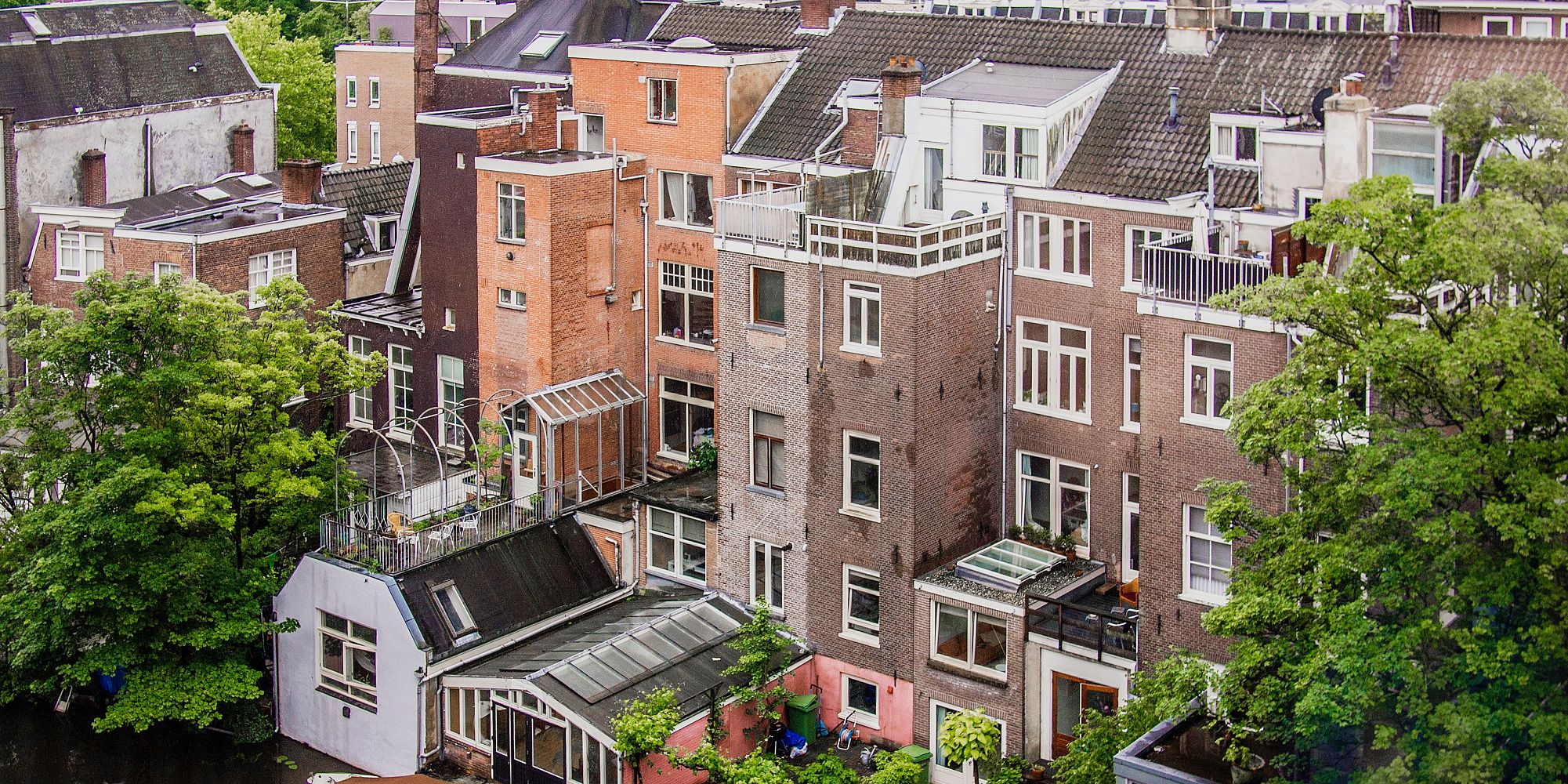Thinking of purchasing a secondary residence to use as a rental property? Owning and operating a rental property is a long-term investment that requires dedication.
It is important to understand the benefits, risks, and responsibilities of being a landlord and how to protect yourself and your tenants by understanding tenancy law in British Columbia. There are also financial goals you need to reach before you can operate a rental property and people you can employ to help ensure your property is running smoothly.
Benefits and risks of operating a rental property
The primary benefit of a rental property is when it begins producing a healthy net return. Many landlords are able to not only cover mortgage payments and expenses, but also make a profit from their rental property. Be sure to understand how you can affect the equity of your property and how it will change over time.
The minimum requirement of operating a rental property for a landlord is to cover all expenses for that property. If all expenses can be covered by the rental income, the mortgage of the property will continue to be reduced each month and the landlord will be closer to making more profit from their rental property.
Appreciation is one of the benefits of operating a rental property. Passive appreciation is the increase of your property’s value over time through improvements and inflation of the surrounding area. As a landlord, it is important to stay up-to-date on improvements such as shopping centres, infrastructure, schools, hospitals, transit, residential developments, and more which will contribute to the passive appreciation of your property.
Landlords might not have much say or influence over passive appreciation, but analyzing an area before purchasing a rental property, with the help of your REALTOR®, is always a good start.
Active appreciation is another story. By making improvements to your rental property, you will increase its value. Renovations are typically the best way to increase the value of your property and it will make your property more appealing to renters. You can charge higher rent, and it will increase the equity of your property if you decide to sell or finance down the road.
Some risks that come with owning and operating a rental property are that the property could sit vacant and, as a landlord, you are still responsible for all expenses. With the introduction of the speculation tax in British Columbia, be sure to understand how a vacant rental property will affect you and what regions are affected.
Other expenses are that, if you have unreliable tenants, there will be additional legal expenses for any emergencies that arise, eviction of a tenant, excess repair costs, and more. As a landlord it is your responsibility to understand the rights of both landlords and tenants.
While employing a property management firm can take a lot of the stress off of the landlord, they typically charge 7-10% of the rental income. It is up to you as the landlord to determine the cost-benefit of working with a property manager.
Determine your financial standing and build your network
There are a lot of moving parts when operating a rental property. Be aware of the state of your finances and credit to ensure you’re able to handle the minimum 20% down payment to secure financing for a second property, any and all closing costs, taxes, fees, repairs, and more. It is also important to know whether the equity of your primary residence can be used as a potential financing source for your rental property or not.
Rental properties are long-term investment options to build your capital. Be sure to find and employ the right people to advise and assist you throughout the entire process. When shopping for and purchasing a home it is best to consult a REALTOR®. They know the market, are able to interpret important market data and can help you find the ideal property.
There are a number of professionals, including banks, credit unions, and mortgage brokers, who can assist you in obtaining a mortgage. Accountants to help you navigate taxes, fees, and anything related to your finances. Lawyers to provide advice and assistance with landlord and tenant rights and leases within tenancy law. Tradesmen to assist you with any repairs that you may need.
As a landlord, it is your responsibility to keep things running smoothly. Even if you decide to employ a property manager, you are liable for everything, so be sure to check in regularly.
Rights and responsibilities of a landlord
As a landlord, it’s important to know your rights. British Columbia has tenancy rules that landlords should be fully aware of prior to owning and operating a rental property. These rules can impact the viability and the operation of the rental property.
Tenancy rules cover things like deposits, locks, pets, and smoking, as well as the rules for evictions, inspections, repairs, rent increases and more. Be sure to do your research on the British Columbia tenancy rules before operating your rental property.
Managing your tenants
The landlord is required to prepare a written agreement for every tenancy. Paying a security deposit establishes a tenancy and both parties must sign and date the fixed-term or periodic tenancy agreement.
All tenants and landlords must be signed on the agreement or they may have no rights under the tenancy agreement. As a landlord, you must provide a printed copy to the tenant within 21 days.
Be sure to understand everything that goes into a tenancy agreement, the rights of both parties, and the various procedures you must complete before a tenancy can begin.
Following all of the proper procedures will protect you, the landlord, and your tenants. Keep a list of professionals that you can call with questions or concerns to keep things moving smoothly. If you feel there is too much to manage or you would like to pass on some of the workload, a property manager might be a great option for you.







